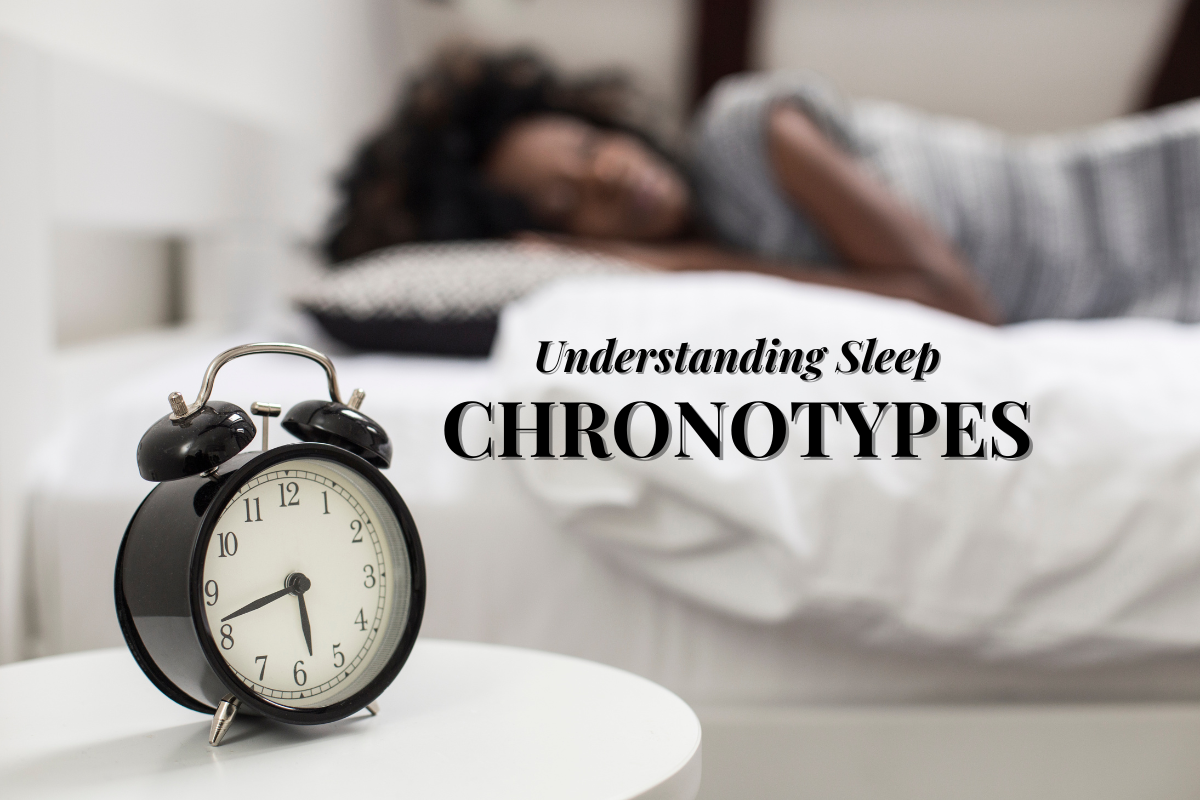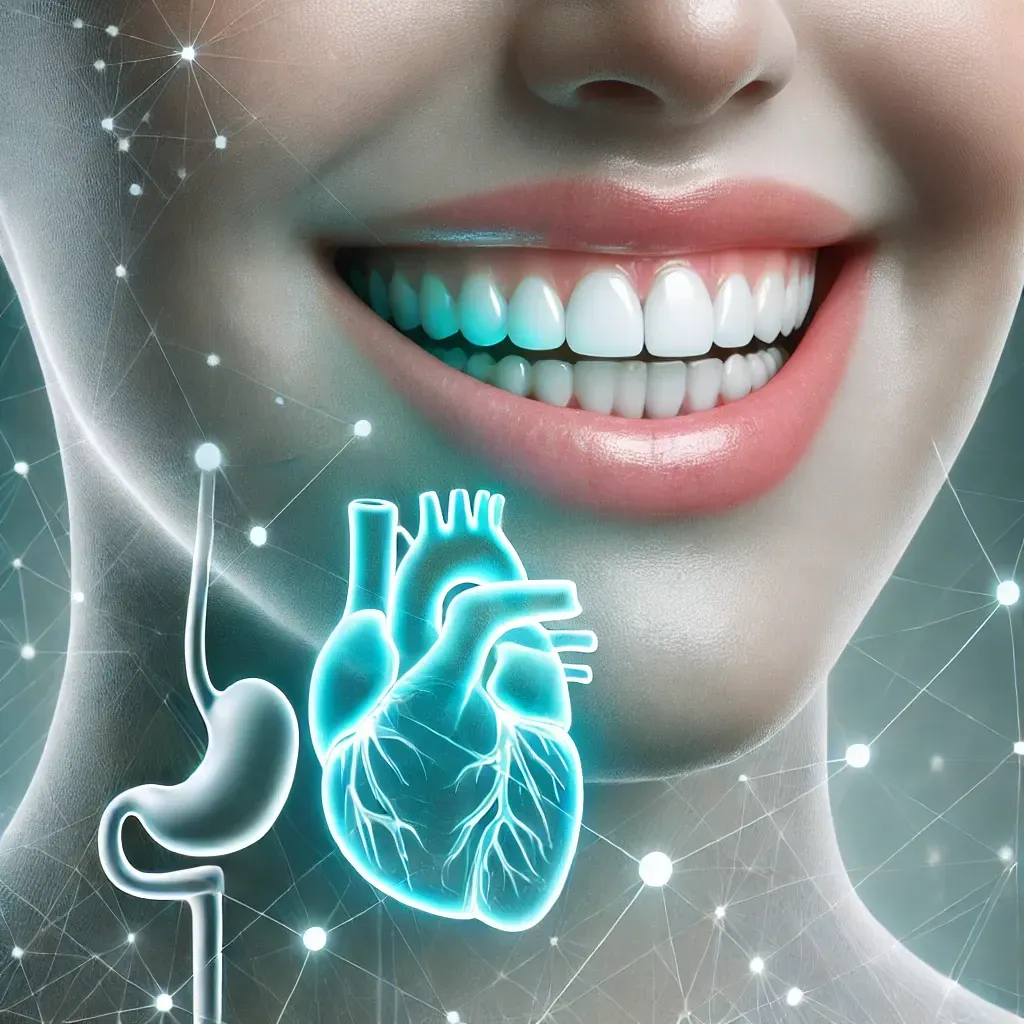The New Frontier in Brain Health: How Lifestyle Changes Can Combat Dementia and Alzheimer’s
January 15, 2025 – Financial Sense Newshour's Jim Puplava explores the growing issue of dementia and Alzheimer's, which affects nearly 10 million people annually, with guests from the Center for Cognitive Resilience: Dr. Manna Semby, Dr. Erela Rappaport, and Michael Sanders. They delve into whether these conditions are hereditary, lifestyle-related, or a combination of both.
The discussion highlights the role of genetics and lifestyle in dementia, with a focus on how lifestyle factors contribute significantly to the rising cases. Dr. Rappaport connects oral health and sleep apnea to cognitive decline, explaining how poor oral hygiene and sleep disturbances can lead to inflammation, impacting the brain. They introduce the ReCODE 2.0 protocol by Dr. Dale Bredesen, which has shown promise in reversing cognitive decline in many patients through comprehensive lifestyle changes.
The guests address the higher incidence of dementia in women due to hormonal changes during menopause, and stress the importance of early detection through tests like the Montreal Cognitive Assessment (MOCA) and blood tests like BrainScan. Early signs of dementia include memory issues, mood changes, and getting lost in familiar places.
They advocate for preventive measures such as adopting a ketogenic diet, managing stress, optimizing sleep, engaging in brain-challenging activities, and using alternative therapies like oxygen therapy, red light therapy, and saunas to promote brain health. The role of ketones in providing neuroprotection and clean energy to the brain is also discussed.
The podcast concludes with a message of hope, emphasizing that with proactive action, individuals can prevent or slow the progression of dementia. The Center for Cognitive Resilience offers personalized plans to help manage and potentially reverse cognitive decline, underscoring the importance of early intervention and lifestyle modifications for a healthier cognitive future.
Website: Center for Cognitive Resilience – Functional Medicine for your brain health & longevity
Email: hello@centerforcognitiveresilience.com
Brain health quiz (under construction):
https://centerforcognitiveresilience.com/quiz
Labs and Tests Mentioned in today's show:
- Blood labs - Markers of metabolic health such as fasting insulin, markers of inflammation such as homocysteine and hs-CRP, nutritional status such as Vit D, B12, hormone status such as estrogen, testosterone, genetic testing
- Functional labs - this depends on each person's symptoms and results of blood labs but generally includes the following:
- GI MAP with zonulin (stool test to check health of gut)
- Food sensitivity testing (blood test)
- Testing for chronic infections (blood test)
- Testing for toxic burden (urine test) - mold, heavy metals, environmental chemicals
- Other useful tests
- Neuropsych evaluation - online via CNS Vital Signs
- BrainScan - simple blood test that combines the Plasma Phosphorylated Tau 217 (p-Tau 217), Glial fibrillary acidic protein (GFAP), and Neurofilament Light Chain (NfL) to detect cognitive decline years before symptoms appear.
- Genomic testing













